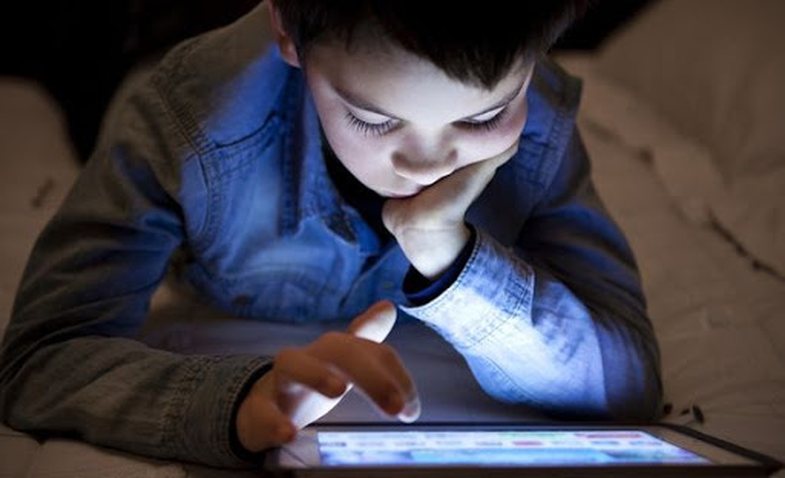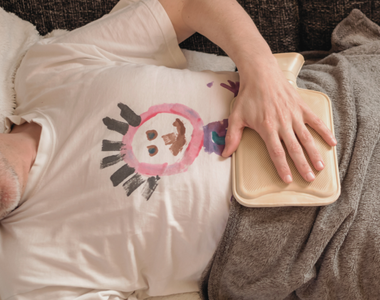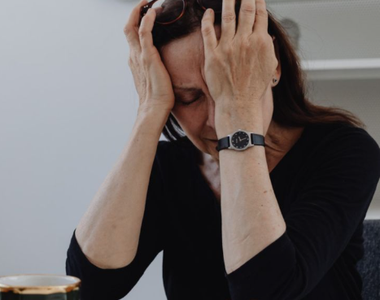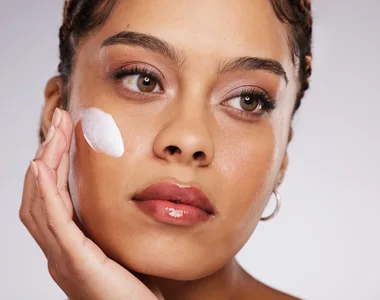
When life is stressful, screens can be soothing, they can help you feel more in control and keep your kids calmer.
Now that it is learned that technology platforms are trying to identify our emotions for marketing purposes, it is more important than ever to understand our emotional relationships with devices. As parents, it can be difficult to build these know-how in technology when they are designed to not reflect on you.
Research suggests that children’s digital spaces provide easy access to violent, age-inappropriate, and commercialized content.
These reflections lead to a key conclusion: The energy difference between "big" technology and "small" people (and the exhausted parents who raise them) is huge.
It is not a fair fight to ask a child to resist something, which is predicted through an algorithm, to show that child exactly what he wants.
Nor is it fair to ask parents, whose heads are full of other stressors, to monitor every move of their children through a completely messy digital field.
It does not have to be all about the parents, who seem to be fighting a losing battle. Experts say it's time for the eyes to turn from just tech companies and have them act properly.
Last week, the American Academy of Pediatrics made its first attempts before the U.S. Congress for a regulator or other improvement process. It's a long way to go in a safe world for children, but it's not impossible.

- Recent Study: AstraZeneca Vaccine is 79% Effective and Safe for Blood Clots
- Thousands: Protests rise in Europe against Covid restrictions
- The new CDC rule says that this shorter distance is already safe for students in schools!
- The next categories to be vaccinated in the country after teachers
- Covid-19 and pregnancy plans: Pandemic step albanian couples
- Seriously, do not post pictures of vaccine cards on social media
Source: CNN





